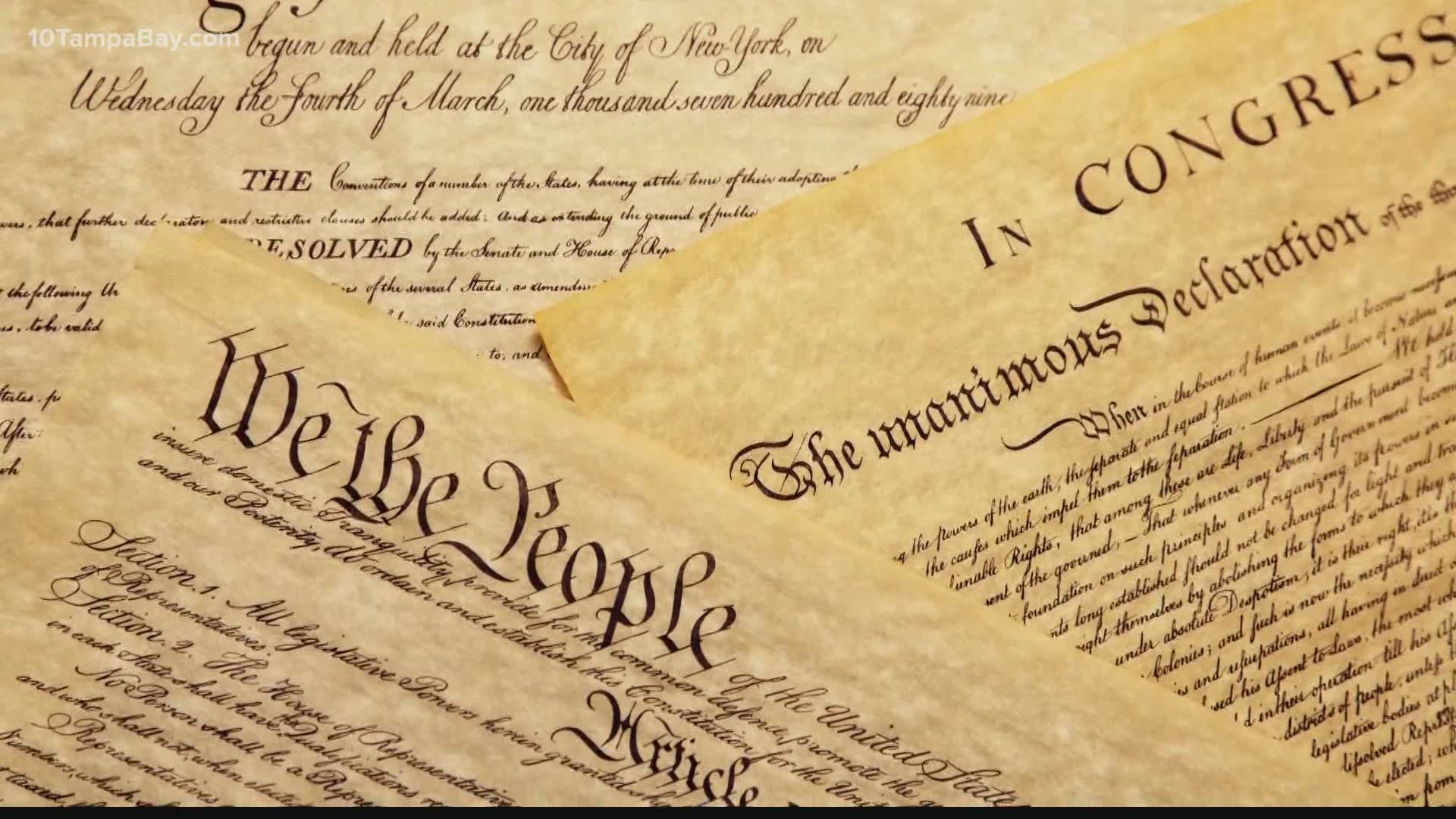The House has voted to impeach President Donald Trump for an unprecedented second time.
The article of impeachment now heads to the Senate where Majority Leader Mitch McConnell has said there’s “no chance that a fair or serious trial could conclude before President-Elect Biden is sworn in.”
But that doesn't mean a trial won't be happening.
The soon-to-be new Senate Majority Leader Chuck Schumer says he will ensure one is held to make sure President Trump cannot run for office again—something that would only happen if he's convicted.
But is that even allowed if this all happens after President Trump leaves office?
The Constitution does not specifically have an answer. Under Article 1, Section 3 the Senate’s power in impeachment is described as not extending “further than removal from office and disqualification to hold” future office.
While the first point is rendered moot once Trump leaves office, the second point – about disqualification from future office – becomes key, says Stetson University constitution law professor Lou Virelli.
"There is something for the Senate to do that does have import and consequences and could change the relationship of President Trump to the government which the Senate is entitled to do,” Virelli said.
Taking it a step further, Virelli says that if this point didn’t apply post-presidency, we could run into a situation where a president, or any office holder facing impeachment, could simply resign before a Senate trial to avoid the consequences. What effectively amounts to a you can't fire me, I quit maneuver.
"If that's all you have to do to avoid the remedy then the remedy is what we call toothless,” Virelli argues. “That's not a good reading of the [Constitution] to create a scenario where it's that easy to avoid consequences for your actions, for not just the president but anybody."
RELATED: VERIFY: If a president is impeached, will they lose benefits like security detail and pensions?
There is some precedent here: the impeachment of cabinet member William Belknap in 1876.
A Congressional Research Service report from 2019 on impeachment says the Secretary of War resigned just two hours before the House was set to vote.
The vote happened anyway and a Senate trial eventually followed. Belknap was ultimately acquitted.
“They decided by a majority vote that they could exercise jurisdiction and have a trial – the argument being, otherwise everybody could avoid the consequences of impeachment by resigning,” Virelli said.
Virelli said precedent involving other officeholders and intent of the remedy in the Constitution to bar an individual from ever holding future office suggests a Senate impeachment trial can continue even once the president has left office.
►Breaking news and weather alerts: Get the free 10 Tampa Bay app
►Stay In the Know! Sign up now for the Brightside Blend Newsletter

